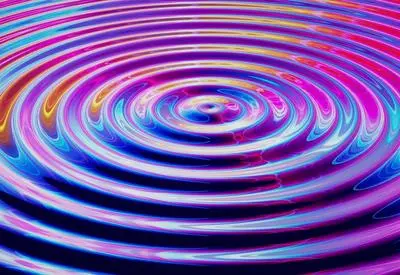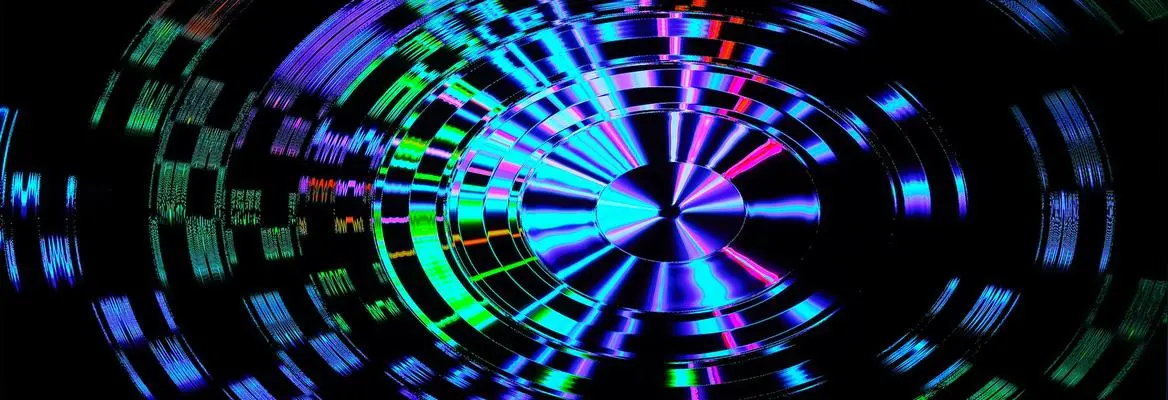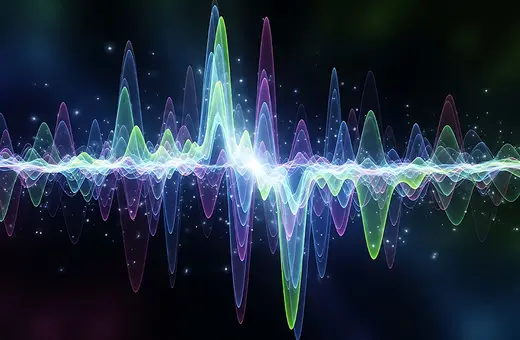With the rapid development of chatbots and other AI systems, questions about whether they will ever gain true understanding, become conscious, or even develop a feeling agency have become more pressing. When it comes to making sense of these qualities in humans, our ability for counterfactual thinking is key. The existence of alternative worlds where things happen differently, however, is not just an exercise in imagination – it’s a key prediction of quantum mechanics. Perhaps our brains are able to ponder how things could have been because in essence they are quantum computers, accessing information from alternative worlds, argues Tim Palmer.
Ask a chatbot “How many prime numbers are there?"[i] and it will surely tell you that there are an infinite number. Ask the chatbot “How do we know?” and it will reply that there are many ways to show this, the original going back to the mathematician Euclid of ancient Greece. Ask the chatbot to describe Euclid’s proof and it will answer correctly [ii]. [ii
Of course, the chatbot has got all this information from the internet. Additional software in the computer can check that each of the steps in Euclid’s proof is valid and hence can confirm that the proof is a good one. But the computer doesn’t understand the proof. Understanding is a kind of Aha! moment, when you see why the proof works, and why it wouldn’t work if a minor element in it was different (for example the proof in the footnotes doesn’t work if any number but 1 is added when creating the number Q). Chatbots don’t have Aha! moments, but we do. Why?
 SUGGESTED READING
Chaos theory eliminates quantum uncertainty
By Tim Palmer
SUGGESTED READING
Chaos theory eliminates quantum uncertainty
By Tim Palmer
Lack of understanding is not the only thing we think separates us from computers. Most of us feel rather viscerally that whatever we do, we could have done otherwise. Even for those of us who believe that the laws of physics are ultimately deterministic, and hence that it makes no sense to say that we could actually have done otherwise, it’s simply impossible to avoid thinking about counterfactual worlds from time to time.
If only I had answered the interview question differently, I would now have my dream job. If only I hadn’t rushed my golf swing, I wouldn’t have hit the ball out of bounds. We just wouldn’t be human if we didn’t have such thoughts. But from where do they originate? Perhaps I have a memory of occasions where I didn’t rush my swing and didn’t hit the ball out of bounds. If that is all there is to our cognitive awareness of counterfactual worlds, then could a computer with sufficient memory of its past actions also have the feeling of free will? It doesn’t seem so – memory is not all it takes to have a sense of free will. Like the Aha! moment, we seem to be missing something.
___
Making sense of these three human qualities - understanding, free will, consciousness - involves appealing to counterfactual worlds.
___





















Join the conversation